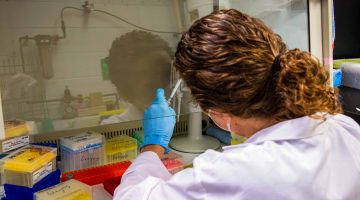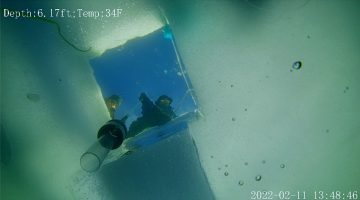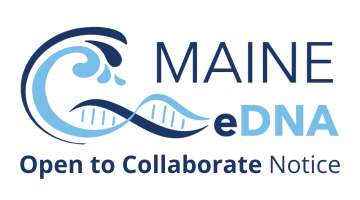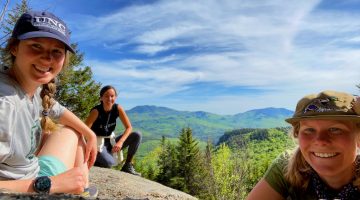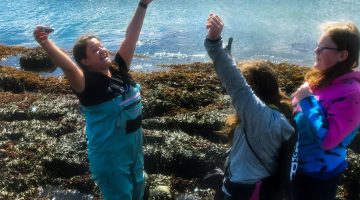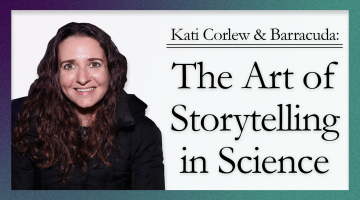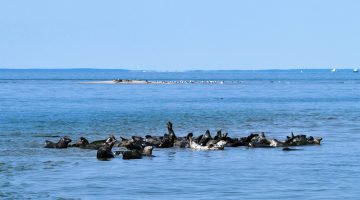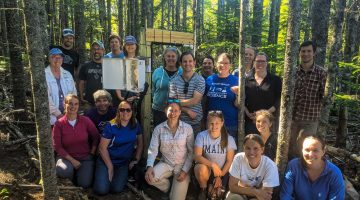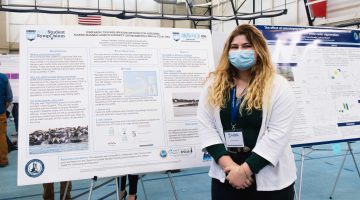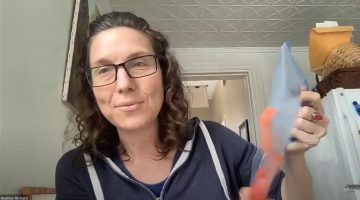The eDNA CORE Lab and Building Maine’s Research Capacity
By Daniel Timmermann One of the most important parts of the Maine-eDNA 5-year, $20M NSF EPSCoR RII Track-1 grant, is the eDNA CORE Lab that has helped expand the state’s research capacity. The lab, managed by Geneva York, is part of the University of Maine’s (UMaine) Coordinated Operating Research Entities (CORE), led since 2020 by […]
Read more
